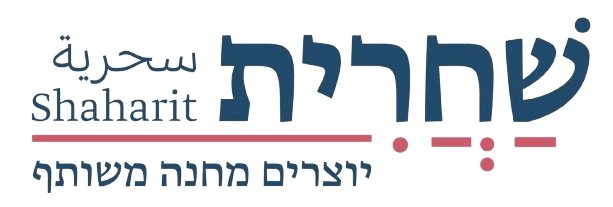Shaharit is a think-and-do tank for sustainable politics. It is an intellectual home that brings together thought and action, academics and activists who hail from a broad spectrum of groups and communities with the goal of forging a vision for a Common Good.
Politics on the local level is known to be a brutal and sectoral affair that often employs tactics that are not entirely “clean.” In advance of the 2013 local elections, Shaharit identified a new wave of electoral slates and mayoral candidates who put forth a different approach and language and view the citizens and their Common Good as a guiding principle of their politics. People from a variety of fields—civil society, business, academics—left everything behind and entered the tough and complex playing field that is local politics, while insisting on working for the Common Good.
The network of communities to change the culture of local politics grew out of this wave of civic groups that expressed an interest in helping set the local agenda and in taking part in local politics.
This document (in Hebrew) presents a common agenda that can lead to a flourishing Israeli society on the local level. This agenda focuses on promoting a brand of politics that is based on the Common Good, is non-sectoral or based on narrow interests, that promotes considering the needs of the community as a whole, recognizing existing natural and public resources, and promoting “clean” politics and a vibrant democratic process.
The groups that are members in the network:
Of the groups that joined the network, 11 electoral slates made it into the city council, among them:
- Yerushalmim (Jerusalem)
- Kikar Ha’Ir–Oz (Rehovot)
- Ofakim Wants Change (Ofakim)
- Gederatiyim (Gedera)
- Ir LeKulanu/City for All (Tel Aviv)
- Sderot for All (Sderot)
- Life in Haifa (Haifa)
- and the Young List (Dimona)
In addition, Muhammad al-Nabari, the mayor of Hura, was elected to a second term.



